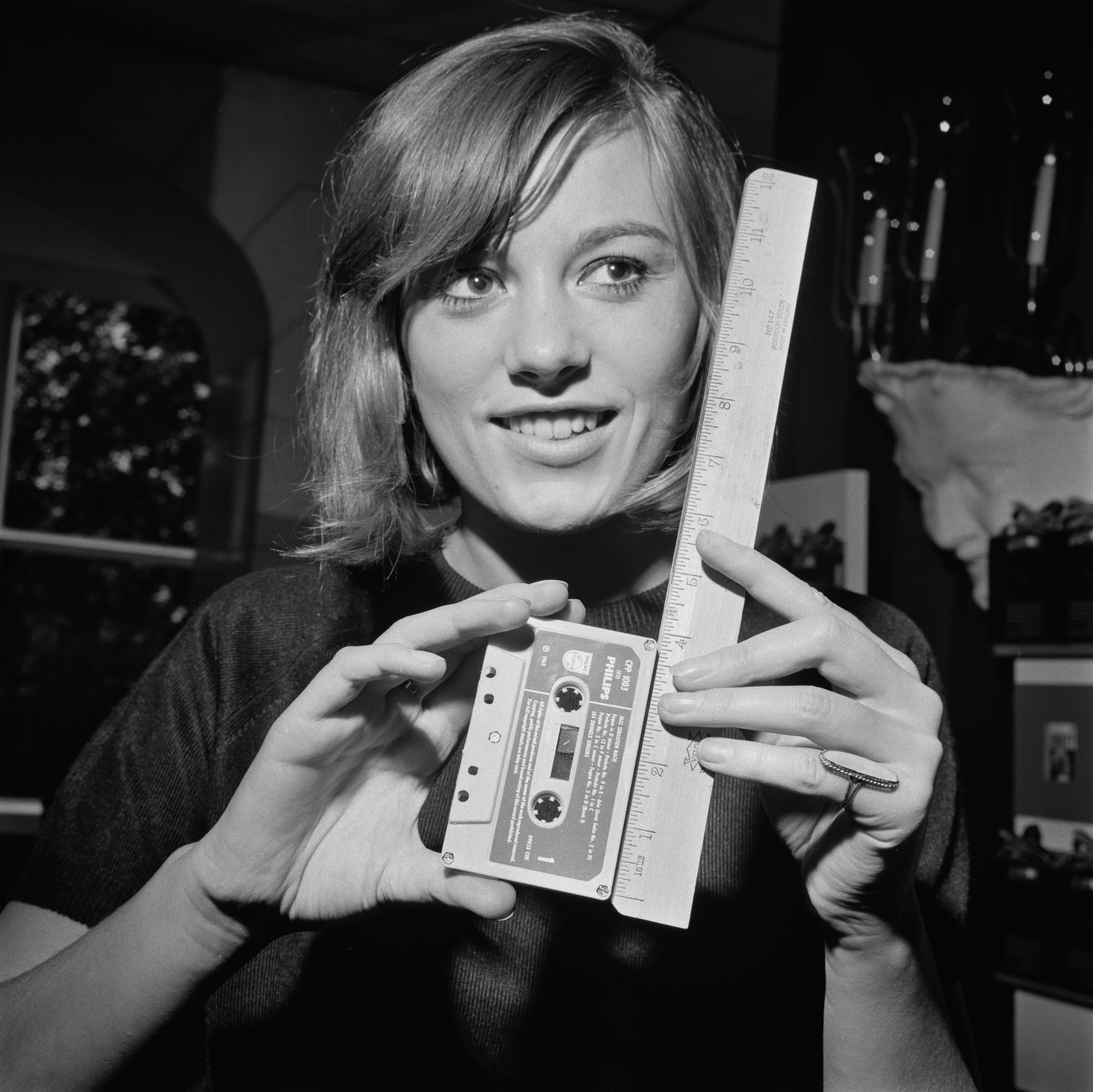Lou Ottens death: Inventor of the ‘revolutionary’ cassette tape dies aged 94
Compact cassette ushered in the democratisation of music and sparked the arrival of the mix-tape
Your support helps us to tell the story
From reproductive rights to climate change to Big Tech, The Independent is on the ground when the story is developing. Whether it's investigating the financials of Elon Musk's pro-Trump PAC or producing our latest documentary, 'The A Word', which shines a light on the American women fighting for reproductive rights, we know how important it is to parse out the facts from the messaging.
At such a critical moment in US history, we need reporters on the ground. Your donation allows us to keep sending journalists to speak to both sides of the story.
The Independent is trusted by Americans across the entire political spectrum. And unlike many other quality news outlets, we choose not to lock Americans out of our reporting and analysis with paywalls. We believe quality journalism should be available to everyone, paid for by those who can afford it.
Your support makes all the difference.The pioneering Dutch engineer who spear-headed the invention of the “revolutionary” cassette tape and CD that brought music to the masses has died aged 94.
Born in The Netherlands in 1926, Lou Ottens started his love affair with technology by building a radio for his family during the Second World War so they could try to listen to broadcasts during the Nazi occupation.
By 1963 the 37-year-old was head of product development for the Dutch-based technology company, Philips, when he unveiled the cassette at a Berlin electronics fair.
It was the start of the democratising of music, sparking the arrival of the age of the mix-tape, the ‘playlist’, the first affordable, portable recorders, boomboxes, Walkmans and in-car dashboard music, replacing the far larger, more fragile, and expensive, vinyl record.

He said at the time that the idea was to make something that could fit into a jacket pocket. ‘I got annoyed with the clunky, user-unfriendly reel to reel system, it’s that simple’, he added.
The eight track tape was marketed under the slogan: “Smaller than a pack of cigarettes!”
The ‘Compact Cassette’ became the model for similar devices around the world after Ottens struck a deal with Sony to make a device to play them on, The Walkman, swiftly outselling the cumbersome vinyl records which were not portable.

Ottens later admitted that it “hurt” that Philips did not come up with the music player that became an icon of 1980s culture, beloved by everyone from superstar Madonna, who listened to her Walkman in 1985’s Desperately Seeking Susan, to every teenager who could lay their hands on one.
One of the most culturally recognised scenes in movie history involves actor John Cusack holding a boombox outside Diane’s window in 1989 film Say Anything, sparking a thousand parodies, from The Simpsons, to Deadpool to Glee, to this years’ Netflix smash, To All The Boys.
The mixtape became a recognised alternative to the love letter in youth culture, as well as an important in hip hop and R&B culture in the 1970s and 1980s, with artists like Grandmaster Flash using them as a cheap way to distribute their music, or mixes done at clubs and concerts, whilst avoiding copyright infringement lawsuits.
In 2016 Ottens told Cassette: A Documentary Mixtape: “We expected that it would be a success, but not a revolution.”
Zack Taylor, director of the film, who interviewed Ottens, told NPR: “Lou wanted music to be portable and accessible. Cassettes taught us how to use our voice, even when the message came from someone else’s songs, compiled painstakingly on a mixtape.”
He added: “So next time you make that perfect playlist on Spotify, or send a link to share a song, you can thank Lou Ottens.”
Famously modest in his ambitions, Ottens credited his inventions as a team effort and famously claimed that the engineers were like “little boys who had fun playing.”
He was also part of the Philips team who contributed to the invention of the compact-disc or CD in 1979.
He was part of the world-wide roll-out of CDs in 1982, before retiring in 1986. The CD eventually overtook sales of the cassette in the early 1990s.
The cassette gradually fell out of fashion with Sony ceasing sales around 2010.
But the item has undergone a cultural revival in the last few years, credited to Gen Z.
In 2020, 157,000 cassettes were sold in the UK alone, more than double that of 2019, which was double that of 2018, and the largest number since 2003/2004, when the biggest sellers were Oasis and Girls Aloud.

In 2019 Billie Eilish, a popstar born in 2001 when the format was considered a “dead technology”, was one of the biggest sellers, with the green and orange cassette of her song When We All Fall Asleep, Where Do We Go? , selling for $99 on Ebay.
The revival is also partly credited to the Guardians of the Galaxy Marvel film franchise, that sold its soundtrack on a tape that looked similar to one featured in the movie.
In 2017, following the release of the film, sales of cassette albums sales rose by 35 percent to 174,000 copies according to Nielsen Music.
Streaming music remains the largest way people access it these days, with sales accounting for more than 80%.
Join our commenting forum
Join thought-provoking conversations, follow other Independent readers and see their replies
Comments